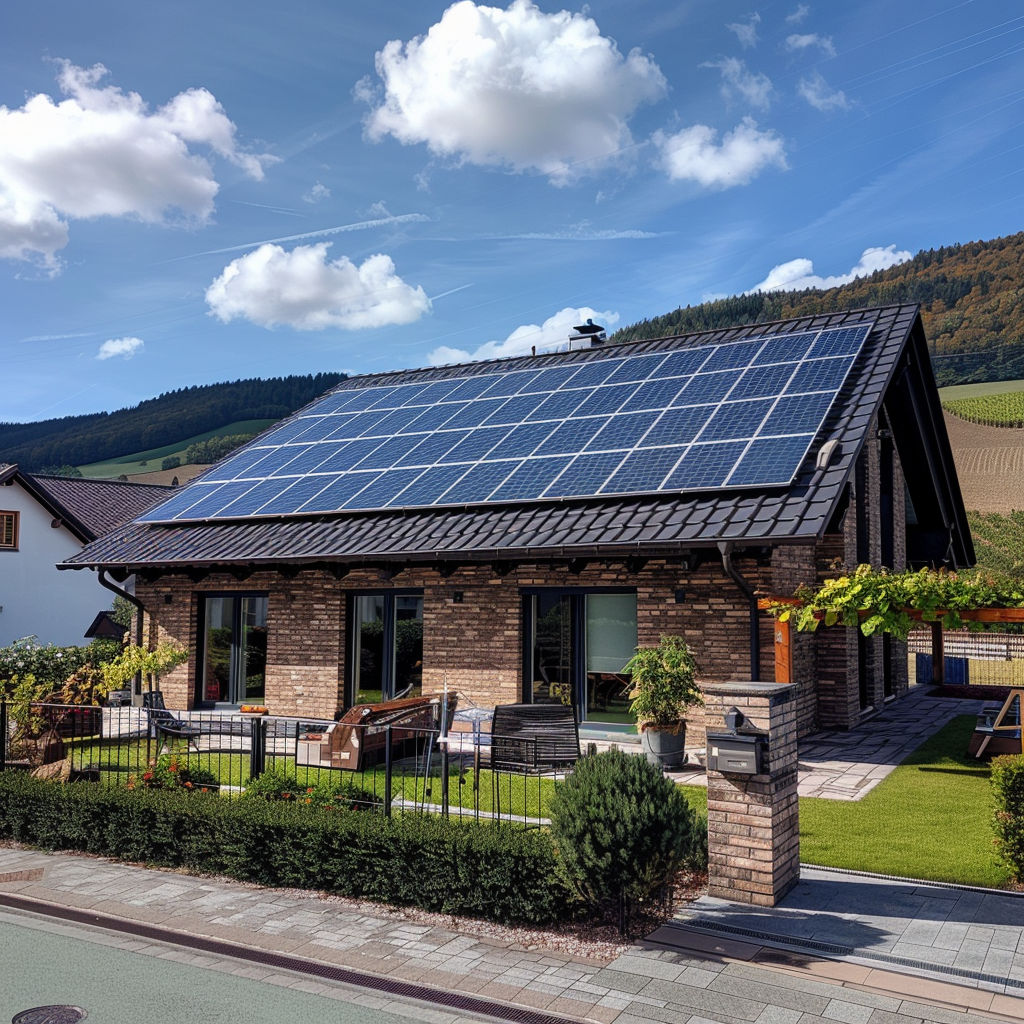July 30, 2024
Germany’s Plug-and-Play Solar Panels – Affordable Renewable Energy
Book a Demo
Germany has been embracing a new trend in renewable energy, as plug-and-play solar panel systems surge in popularity. With over 500,000 systems already installed, this trend is largely due to the simplicity of installation and affordability of these systems. This has been made possible thanks to the introduction of new laws that have eased restrictions on solar panel installation. In the first half of the year alone, Germany added nine gigawatts of photovoltaic capacity.
Interestingly, despite the country’s high electricity prices, solar panels can be purchased for as low as 200 euros. This serves as a cost-effective solution for German households looking to reduce their carbon footprint while also saving on energy costs. This affordable pricing is largely due to the majority of these panels being produced in China, where the global industry’s dominance allows for increasingly lower costs.
The popularity of plug-and-play solar panels is particularly noticeable among young families in Germany. The rising concern about climate change has prompted this demographic to seek out renewable energy solutions for their homes. Beyond just accessing cheap electricity, these new solar producers are actively participating in the energy transition. Many are installing solar systems on their balconies.
These balcony solar systems represent a smaller alternative to rooftop solar and are part of a growing trend to utilize all possible artificial infrastructures for solar generation. This includes not only balconies but also train tracks, motorways, carparks, and building facades. It’s an innovative approach to harnessing solar energy in urban environments.
Germany is a frontrunner in promoting this kind of solar technology and offers subsidies to encourage the uptake of balcony solar. However, acceptance of this trend is not universal. Some countries like Belgium have banned plug-in solar devices due to concerns about unregistered systems feeding into the electricity grid.
Regardless, the popularity of plug-and-play solar panels in Germany represents a significant shift in the renewable energy landscape. With affordability and accessibility at the forefront, it seems likely that this trend will continue to grow, not only in Germany but potentially on a global scale.
Science4Data is committed to cut through greenwashing and measure real impact. Join the journey to a sustainable future. Your actions matter.



